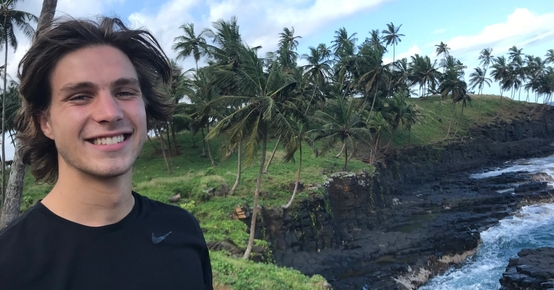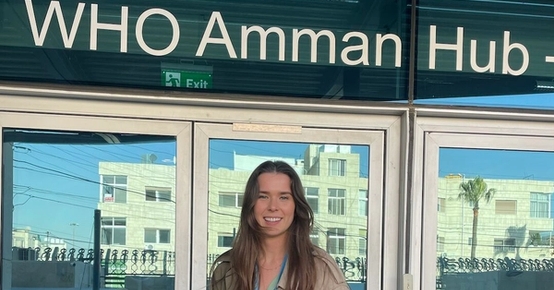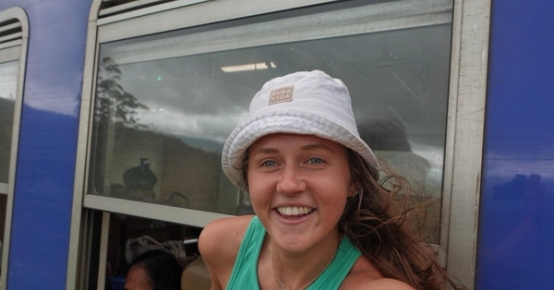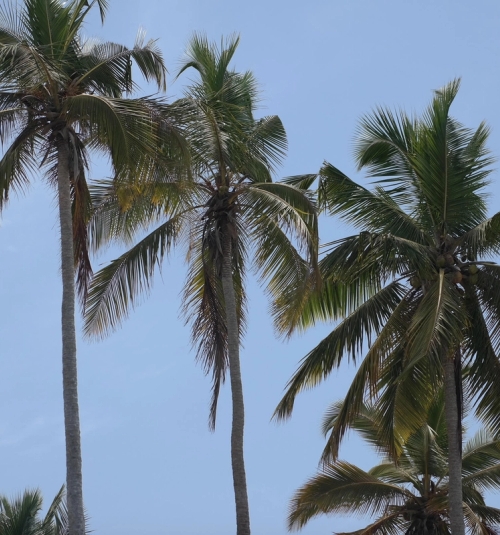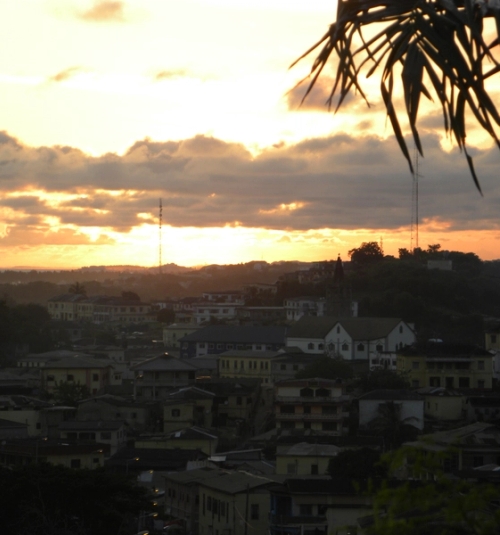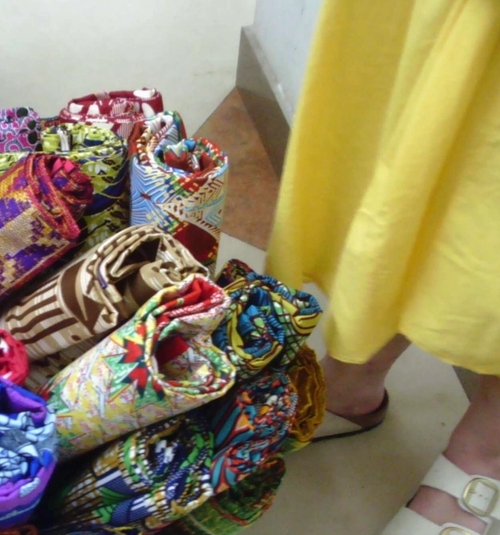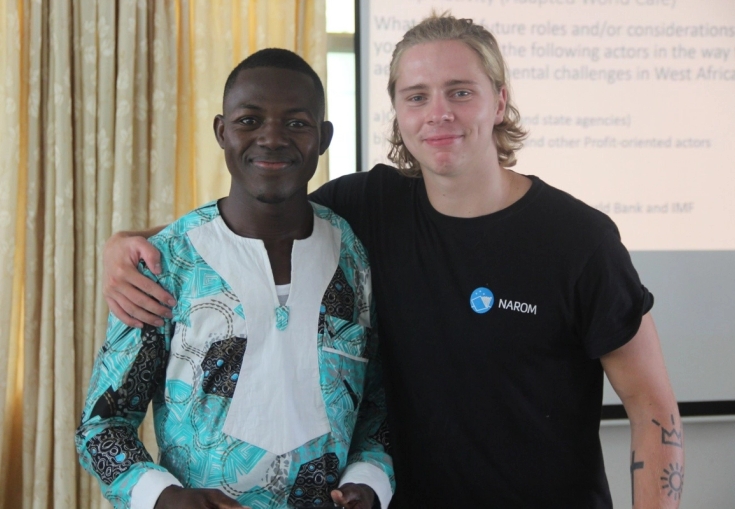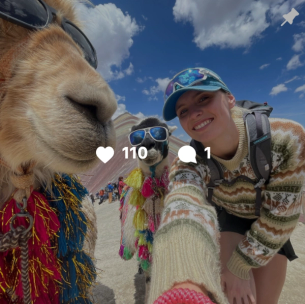
Study in Ghana
In Ghana, you are surrounded by history, while at the same time you can see the future being created around you. A sensational past has left deep traces, while the country is in the midst of a major upheaval. Ghana is often called 'Africa for beginners' - as a student you can become an expert. With its lively big cities, many national parks, hospitable culture and distinctive Afrobeats rhythms, this country is an adventure you cannot miss.
Study programmes
See allWhy study in Ghana?
Discover one of the world's most exciting and growing cultural hubs
Study development in one of the world's fastest-growing regions
Get to know the unique atmosphere of Cape Coast
Enjoy the tropical climate in a location with almost no tourism
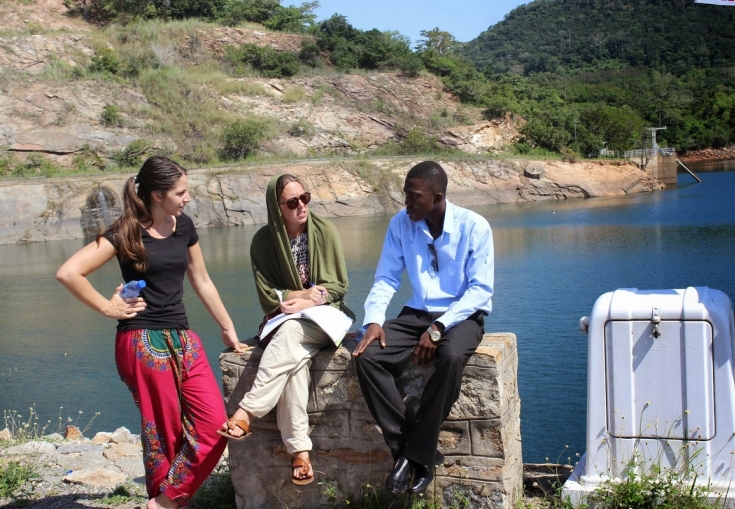
Scholarship opportunities
Are you a Ghanaian national and wish to take part in the Development studies programme?
Each semester, we offer a select few local students the opportunity to take part in the course through our scholarship programme.
Legg inn link til side om scholrships

Cape Coast – tropical oasis and vibrant university town
Cape Coast is one of the most important university cities in West Africa. The University of Cape Coast is repeatedly ranked among the best universities in the region.
Our local manager Michael introduces Cape Coast
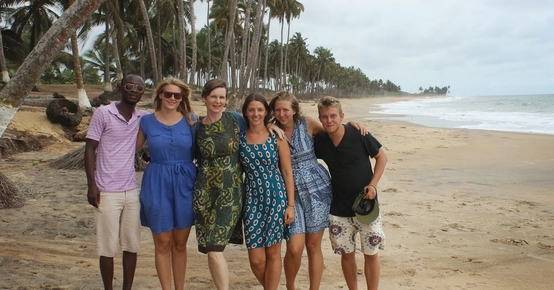
- Ghana
- Development Studies 2
- Inspiration
Akwaaba: Welcome to Cape Coast!
In addition to being a center of knowledge, the coastal city offers a pleasant tropical climate and a vibrant local community, where music from nightclubs shapes the soundscape just as much as the ringing from countless church bells.
The local population speaks English in addition to Fanti and other local languages, so you do not have to worry about language barriers. With around 200,000 inhabitants and a pedestrian-friendly city center, you have a great opportunity to get to know Cape Coast well during your study period.
Dive deeper
Ghana is an incredibly exciting country with a rich diversity of languages, cultures, and traditions. Here, you can read more about the country's history and current situation.
Learn about the history and culture of Ghana
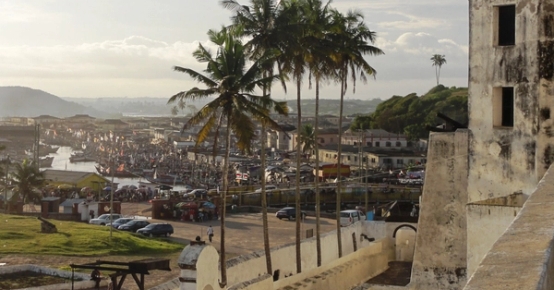
- Ghana
- Development Studies 2
- Inspiration





